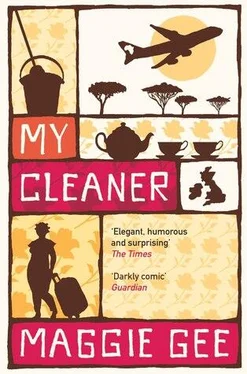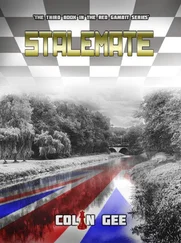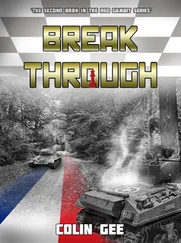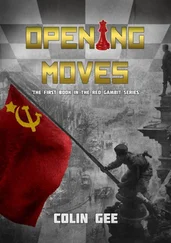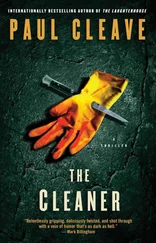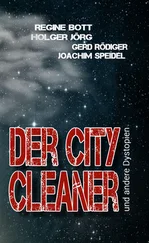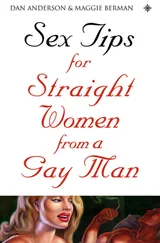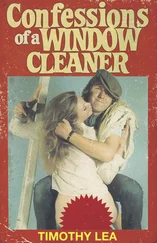But she falls asleep, frightened, and still on her own, as the temperature plummets around two am.
Now Mary is ready to ring her accountant, but she looks at her watch: already ten pm. Midnight in Uganda: too late to ring. She longs for Kampala’s warm earth, tender heat, the sheen of round brown arms in the moonlight. She hopes Charles is being faithful to her.
She switches to ‘Messages’ to send him a text, but finds to her surprise that he has left her one. She clicks on it, and reads, and reads again, flushes the toilet, and shouts “E-e-eee!” She looks in the cold mirror of the loos, and smiles, and then laughs, and an elderly woman who had peeked around the outside door, gingerly, draws back again. Mary’s all alone in this sterile grey space, but her smile is big and warm enough to light up the room—
Because her friend the accountant is already in London. Charles is at Heathrow! He has cleared Immigration. Because of the weather, he is putting up for one night at the airport, but tomorrow he will come to ‘the white woman’s house’, enyumba eyo mukyala omuzungu .
Mary’s smile dies. The house will be empty. There will be nowhere for Charles to go.
Meanwhile Justin is sitting waiting in the café. “I thought you had left me,” he says, with mock pathos. The humour of it is lost on Mary. He is just a baby, a baby man. As they come out of the Services, the icy wind hits them, and flurries of snow attack their lips and noses, and both of them skid on the pristine white surface, and Justin clings on to Mary’s arm. It isn’t clear if he is using her or saving her, but Mary feels Justin is dragging her down.
And now her consciousness is torn in two, as the future pulls her in opposed directions. She knows she must drive Justin to Vanessa’s village. She has promised to do it. She has to do it. Justin is incapable of getting there alone. It is one of the last things she’ll do for Vanessa, a kind of final handover, and then — Vanessa will carry the load on her own.
But Mary also knows that she is going back to London. She imagines herself hugging her friend the accountant. She can almost feel his strong arms crushing her. She knows they will soon be together again.
For the moment, the snow is enough to cope with. She’s reluctant to leave the kingdom of light, the reassurance of the other human faces, and reenter their box, and restart the race, the snails’ race over the earth’s glassy surface, which is slowly being covered with a skin of black ice, so that every so often, the car slips very slightly. It feels colder now: they keep their coats on. Justin has a picnic blanket under the back seat, and when he sees Mary shivering, he plunges like a dolphin and brings it up, and drapes it carefully round her shoulders.
“Thank you,” she says, and gives him a smile, the first real smile for several hundred miles. “I am happy I have borrowed your mother’s boots.”
“Oh?” Looking down, he sees she is wearing his mother’s best boots, which are wildly expensive. The grey suede boots his mother had bought with the money from the third Pilates book. They look plain and serviceable, broad and blunt-toed, but Justin knows they are a fashion item. He thinks, “My mother will not be pleased.” But the grey boots look quite good on Mary, kitted out, as she is, like an Andean Indian, with at least six layers of clothing on.
This time, they are driving at 5 miles an hour. Justin starts to notice that when Mary skids, she tries to correct it by steering against the direction in which they are sliding, and so the car just keeps on skidding.
Which doesn’t matter while the skids are small.
“Mary,” he says, but tentatively. “I don’t suppose you’re used to driving on ice.”
She is concentrating, but she still laughs. “Justin, we do not have ice in Uganda, unless you are driving in the Rwenzori mountains. And I have never been to the Rwenzori mountains.”
She thinks, one day I will go with Charles. One day I will have another life. One day I am going to have enough money to do the things I want to do. And she thinks with pleasure of the money she has earned, the money she carefully hid under the carpet after it was spared by Vanessa’s attacker. It is a start. More will follow. And her friend the accountant makes good money. He would earn more if he diversified less. She will encourage him to concentrate. Once they are married, it will all come true. They will give what she has earned here away to the village, but then there will be more. Together, they will make it. And maybe more children. It’s her dearest wish. She had always longed for a brother for Jamil. For years she wanted it, but now that is over. God in his terrible wisdom did not want it.
For now she is trapped, in hostile country, and a thought flies across her mind, like a heron, a sharp dark heron on its way to the horizon, Now is no time for me to die. Lord Jesus, please do not let us die . And she prays, also, for Zakira and the baby, all babies, every small suffering thing.
And she finds herself praying once again for Jamie. Whom the world and its wars took away from her, like all the other sons from all the other mothers. After this, she tells God, she will resign herself, yield up her hopes and accept His will. But just one last time, she begs for his life. Because it’s all that matters, to be alive. Not who he is with. Not what he does. Not what he believes. Just that he lives. Just give me a sign, please, Jesus…
And then she waits, staring straight in front where the headlights shine on the blind red eyes of car after car pushing on into the future. But all she hears is the snow, and the silence. And then she knows he is not alive.
And so she is there. The place of utter darkness. There, in the middle of the meaningless whiteness. She needs to look it in the face. There is a terrible comfort to it, after all the hoping, and wishing, and praying, and hoping again. If there is nothing, it can come to an end.
But, nagging at the edge of her consciousness, Justin is still trying to tell her something. “Mary, when we slip, you must drive into the skid. If you steer against it, it makes it worse.”
“Justin, please do not give more advice.” And in any case, the traffic has stopped.
The car begins to seem small, to Justin, who’s grown used to being driven in Trevor’s van, with the windows open and music playing, and Trevor driving casually, with one hand. Mary’s style of driving is very tense. And her face, grimacing forward at the weird snow-light, looks big and mask-like, not like herself, her jaw sticking forward, almost a skull. She looks like death; wooden, awesome. She could be ninety years old, at this moment. He wonders, for the first time since he has known her, if Mary could ever actually dislike him.
But his inner voice rejects it, instantly. This is his Mary. Mary loves him.
And then suddenly, she shakes herself, and her face softens, and she comes back to life.
For more than ten minutes they’ve been stationary. If possible, the snow is coming harder now, one solid assault from a great sack of grey feathers. Mary looks at her watch, but not at him. “Justin, shall we put the radio on?”
They get a local station, which is playing a song called ‘Call off the search’, which isn’t encouraging. Then there is a break for traffic news. Justin grips her arm as he hears ‘M23’. They listen. Drivers are being told to avoid it. A 20-mile tail-back has developed. Cars at the front are becoming snowed under. Though in the opposite direction, cars are still moving, people are still managing to drive to London, ‘gridlock’ is the word that’s being applied to them. And yet they are only 50 metres from an exit; if they wanted to escape, there is a way out; but they are all locked in the grip of duty, all of them are going to parents or siblings, aunts or uncles or expectant children, bearing cargoes of effortfully chosen gifts. If they give up now, it is surely all wasted. Christmas fever has them in its grip. It is the time for duty, the once-in-twelve-months when British people remember the family. In hundreds of cars, there is esprit de corps as they huddle together against the night. In just as many, quarrels are starting. Older men talk about ‘Dunkirk spirit’, and teenagers snigger, and turn up their music, and blame their parents for getting stuck, and tell them which totally important TV programmes they are being forced to miss.
Читать дальше
